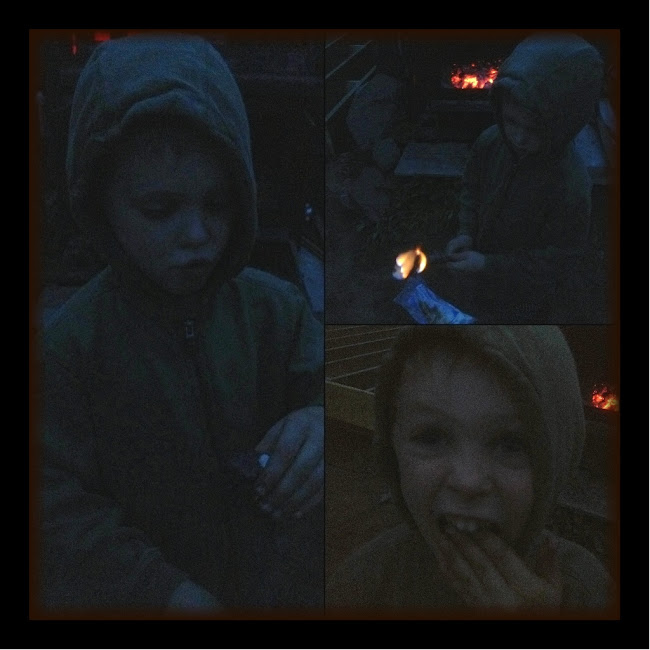Red Kuri squash ready to eat. I think they will make
a great squash soup!
Basil.
One more batch of pesto.
Lemon cucumbers. We have been
eating these like apples.
Thai peppers.
Anyone interested in some hot sauce?
Beta grapes.
Apple, grape tarts...mmmmm!
Here is a mix of ground cherries, different heirloom tomatoes,
and a few boy blue peppers.
It's nice to have our fill of fresh veggies.
Now its time to start storing for winter.




















































